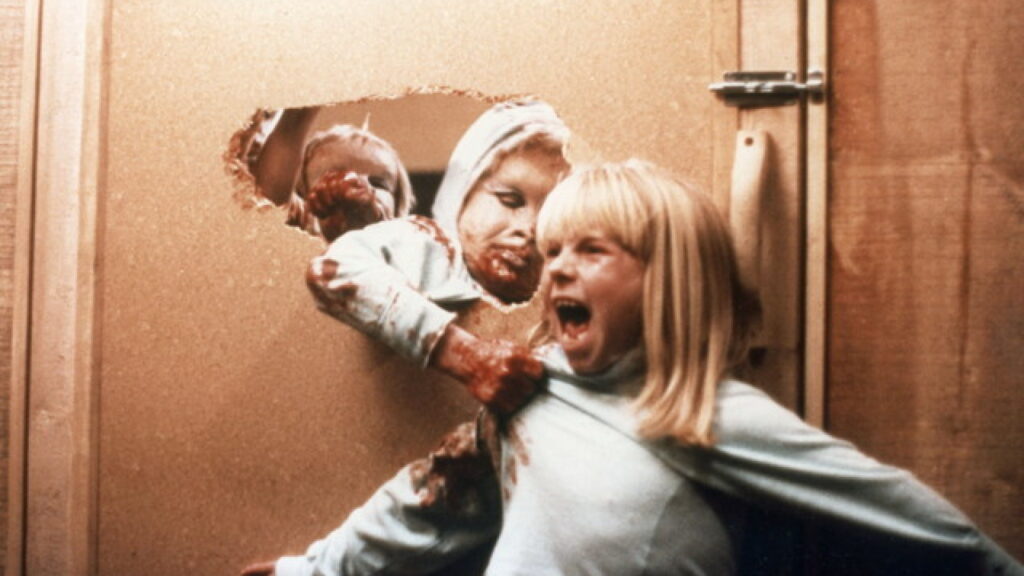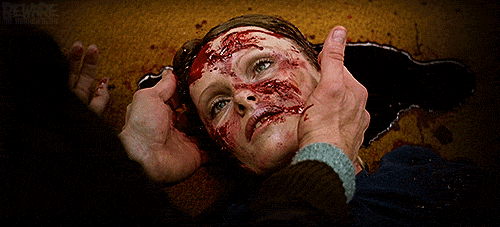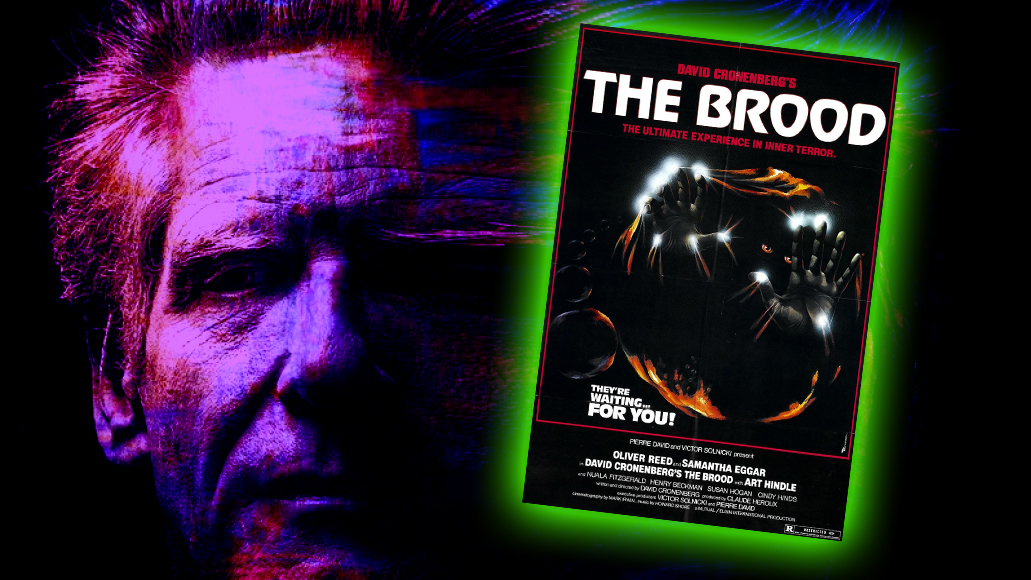Having scratched his high-octane itch with “Fast Company”, the latter part of 1979 saw Cronenberg return to the horror genre in a personal and nuanced film that would set him on the path to becoming an auteur. This is the movie where he upped his game, both in terms of story and style, and laid the foundation for some of his best work to date.

The Brood is slow-burning psychosomatic horror which deals with the death of the family unit and the problem of handling internal rage. It is probably one of Cronenberg’s most close-to-the-bone films in that he used this movie as a means for processing the fallout from a very messy divorce and custody battle.
If “Fast Company” was his way of escaping the initial blow-out of a dying marriage, then “The Brood” is him sifting through the debris when the dust has not quite settled.

Frank Carveth is a single father in-all-but-name with an estranged wife in therapy. Between work, taking care of his daughter Candice, and trying to oversee his wife Nola’s treatment under the unconventional Dr. Raglan, Frank’s life is a joyless exercise in going through the motions. When his in-laws are brutally killed by a pair of deformed, child-like mutants, Frank is forced to deal with the nature and severity of Nola’s illness and uncover the disturbing nature of her treatment, ominously dubbed as Psycho-Plasmics.
The Brood is an earnest, albeit dated effort from Cronenberg. There’s a reason this movie rarely makes fan’s top 10, and it’s because this was the film where he only really started to find his niche. It’s still a notable entry in terms of Cronenberg refining his style and honing his craft, but it lacks that extra magic that further works would nail down in spades.
A lot of people complain about remakes today, on account of the fact that they only remake successful properties or cult classics. There’s a shit-ton of lesser-known movies, like The Brood, that could be re-sculpted for modern audiences and slay big-time in the box office.

Ari Aster, who recently directed Heredity and Midsommar, could make a wonderful new stab at The Brood. It would be right up his alley, but whether he’d want the gig or not is a whole other kettle of fish.
Irregardless, David Cronenberg closed out the 70’s with 4 features under his belt, and would bring his 5th movie into a new and ultimately prosperous decade. 1981 would prove to be a pivotal point in the Canadian filmmaker’s career, where experience and opportunity would meet to form a genre-bending classic that would also bring audiences the greatest ever head-explosion effect ever committed to cinema.



